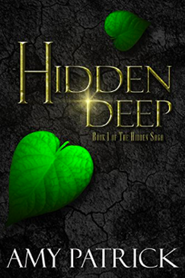
I haven't finished the whole series yet, but the first one, Hidden Deep, is offered free on Amazon Kindle and is definitely worth a read for anyone interested in that genre. It's a compelling story with characters that actually have some substance to them, despite being young (16-18). It also avoids that painfully awkward female protagonist trope that started with Twilight and doesn't seem inclined to die anytime soon, which makes my guilty pleasure much less guilty. Patrick is also a strong writer, and a boon to the self-published community as her work is as polished and professional as any traditionally published author, making for an even more enjoyable read.
The two main characters are Ryann (love the name as my female character's name is Adrienne), and Lad (not as crazy about the name, but to each their own and it fits the book). Ryann is the human in this story, and Lad is the one that provides the paranormal element necessary for me to indulge myself enough to the point where I was reading them on break from work. There's also Nox, who is probably my favorite character, but is not as important in the first book as he becomes later in the series. But who doesn't love a handsome bad-boy?
Ryann has a lot of great traits like loyalty and a good work ethic, while Lad has that same loyalty wrapped up in a strict sense of duty, which I am a sucker for. Patrick has also packed some fun surprises in her work that add layers to the story without seeming like shameless plot devices. So far, in the four books I've read, there's no glaring plot-holes or "I see the author ran out of real ideas and went with this instead" moments that even the best authors can have--I'm looking at you, Stephen King, and your random sex scenes.
I'm not a parent, but I would say that this series is definitely child-appropriate (as one would expect from a YA book) while also containing themes and a writing style that are engaging to adults as well. So if you're looking to indulge in a YA paranormal romance, try this out. And I promise, the sequel is as good as the first one, so you can binge for days.
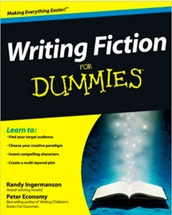




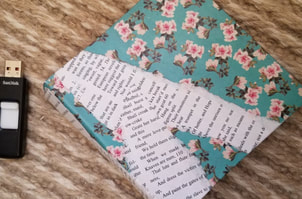
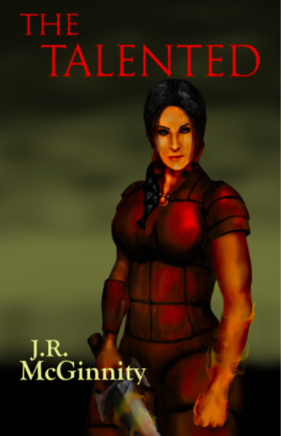
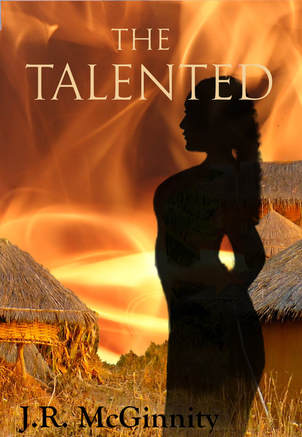
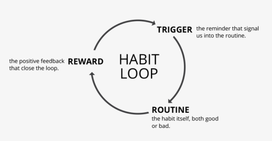
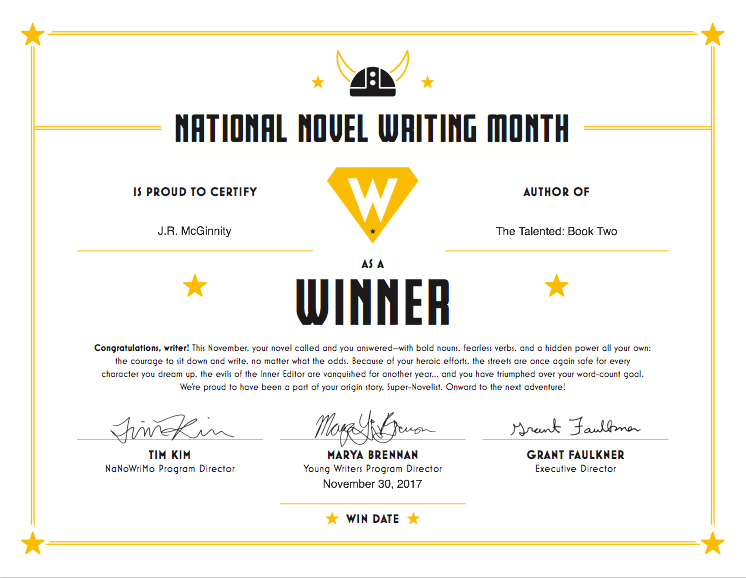
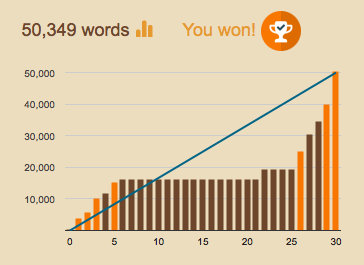
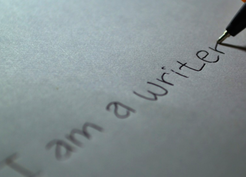
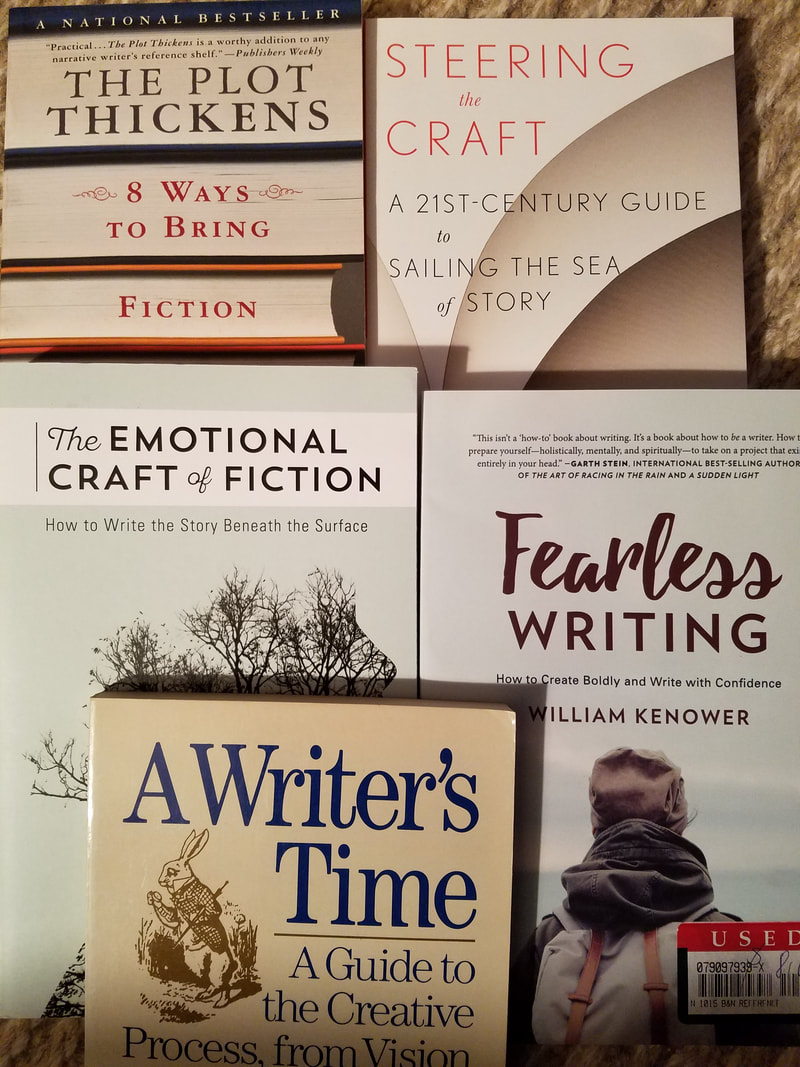
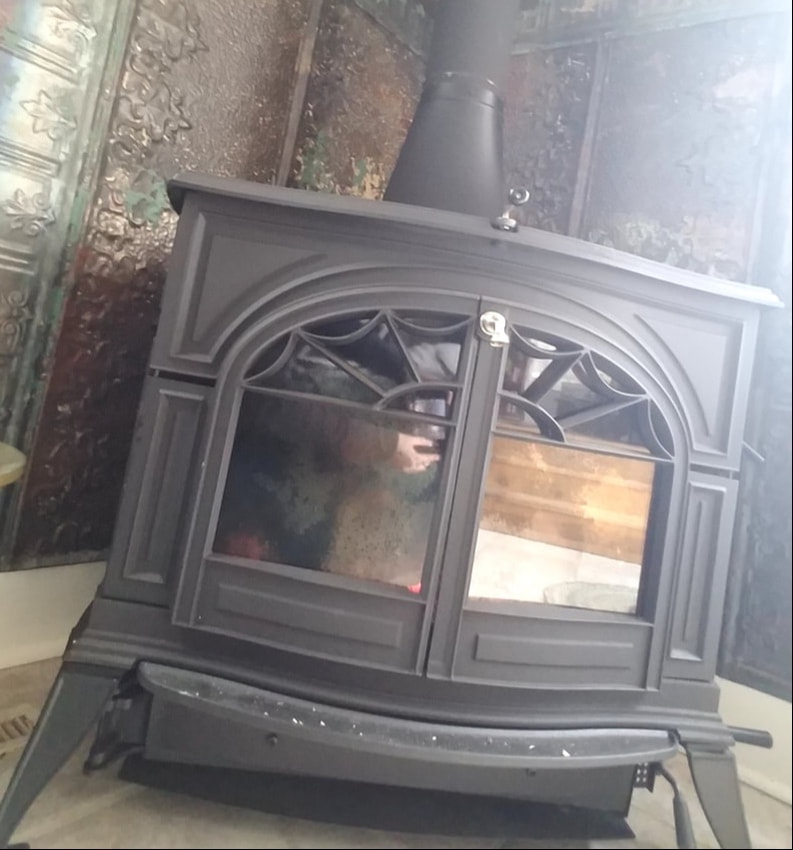
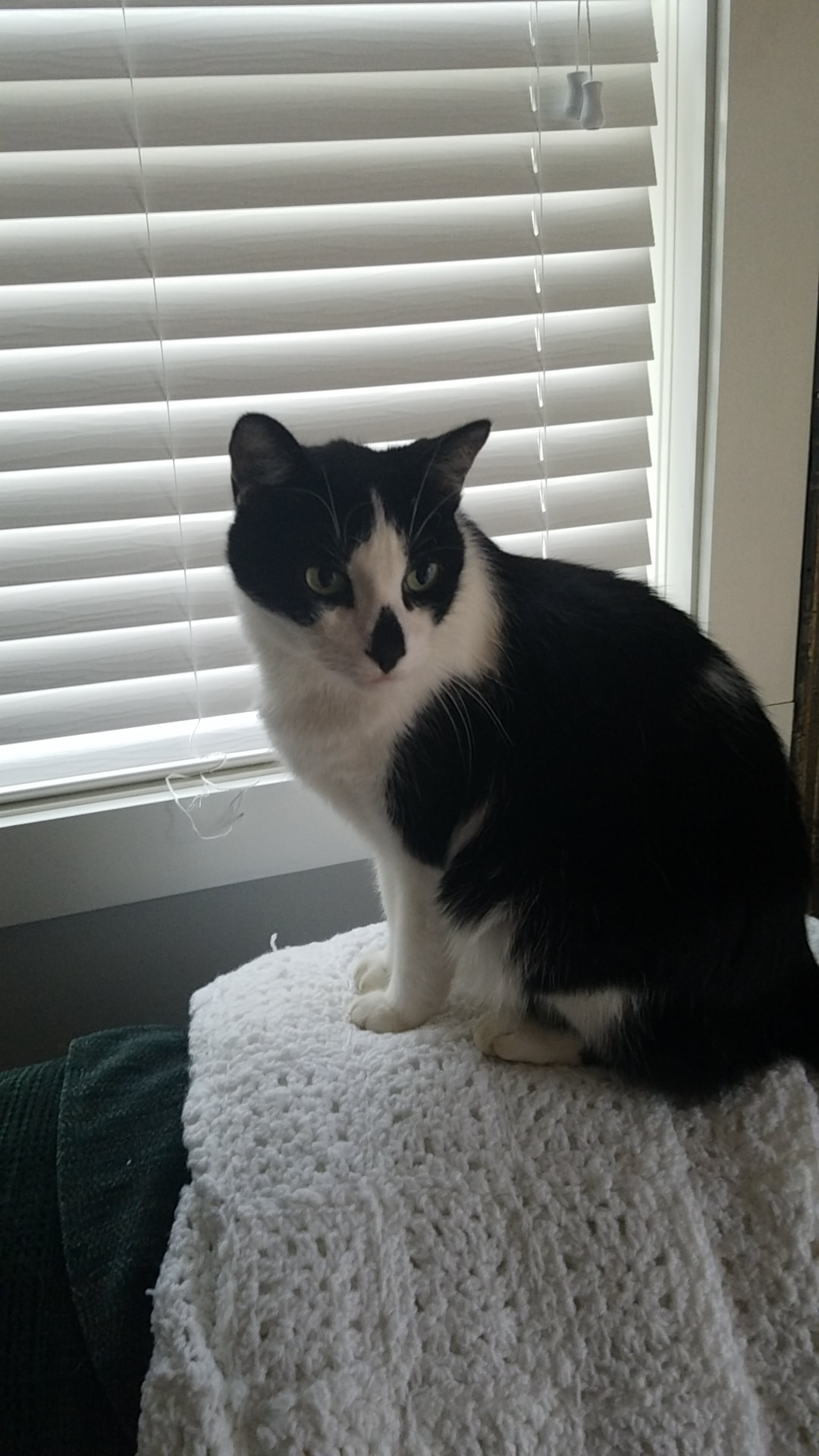
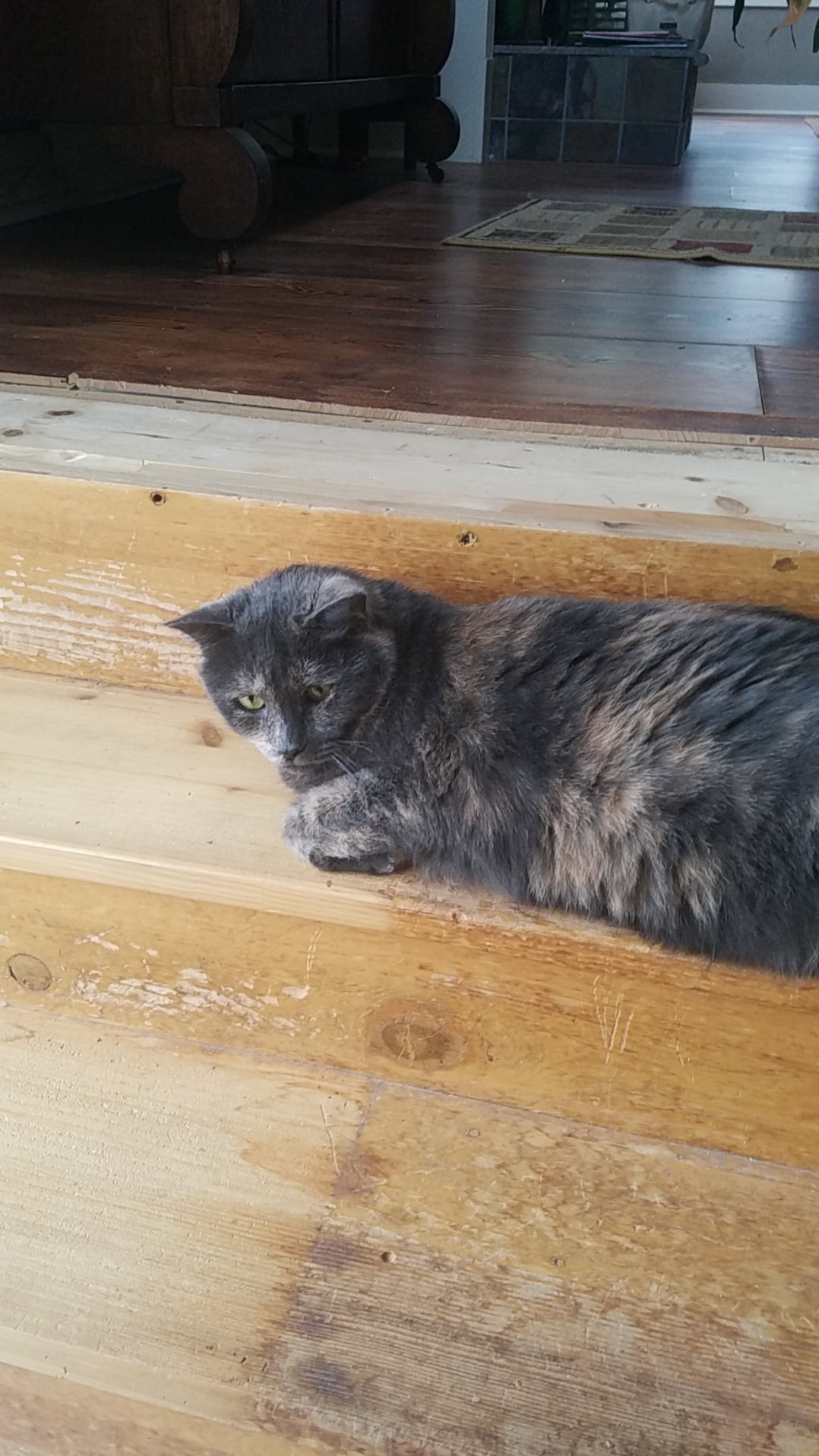
 RSS Feed
RSS Feed